How Successful is Stem Cell Therapy for Knee Osteoarthritis in UAE?
"Recent clinical trials in the UAE for stem cell therapy for knee osteoarthritis show a high success rate, with most patients reporting significant pain reduction and improved mobility."
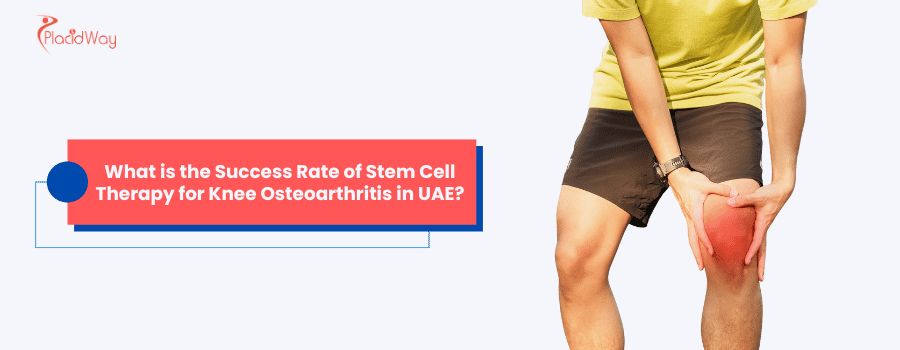
Living with knee osteoarthritis can be a daily struggle, with persistent pain and stiffness limiting your ability to enjoy life. While traditional treatments have focused on managing symptoms, a groundbreaking field known as regenerative medicine UAE is offering new hope. Stem cell therapy for knee osteoarthritis in UAE is at the forefront of this revolution, providing a minimally invasive option that aims to repair damaged tissue and offer lasting relief. Recent studies and clinical trials conducted right here in the UAE have shown very promising results, positioning the nation as a leader in this cutting-edge treatment and giving patients a credible alternative to more invasive surgeries.
What is the general success rate of stem cell therapy for knees?
"The general success rate for stem cell therapy for knees is quite high, with many studies and patient reports showing success rates ranging from 70% to 85% in terms of reduced pain and improved joint function."
This high success rate is a major reason why so many people are turning to stem cell therapy for knee pain. The treatment works by using the body's own natural healing mechanisms. When stem cells are injected into the arthritic knee, they can help to reduce inflammation, protect the existing cartilage from further damage, and even stimulate the growth of new, healthy cartilage cells.
It's important to remember that "success" can mean different things to different people. For some, it might mean being able to walk without a limp. For others, it could be returning to a sport they love. Most patients, however, define success by two main factors: a significant decrease in their daily pain levels and a noticeable improvement in their knee's mobility and function, both of which are consistently reported outcomes of this therapy.
What are the latest findings on the success rate in the UAE?
"The latest findings from a major clinical trial in Abu Dhabi are extremely positive, showing that patients who received stem cell injections reported significant pain reduction and a better quality of life, with no serious adverse events."
The UAE has become a hub for advanced medical research, and its work in regenerative medicine UAE is particularly noteworthy. A landmark clinical trial conducted from late 2023 to 2024 in Abu Dhabi provided strong, localized evidence for the effectiveness of this treatment. Patients in the trial received a single injection of mesenchymal stem cells (MSCs) and were closely monitored.
The results, announced in early 2025, confirmed that the treatment is not only safe but also highly effective. Participants experienced a marked decrease in pain, as measured by standardized medical scales, and also reported being able to move more freely and engage in daily activities with greater ease. These findings are a testament to the robust regulatory oversight and commitment to healthcare innovation in the UAE.
How does stem cell therapy work for knee osteoarthritis?
"Stem cell therapy for knee osteoarthritis works by injecting concentrated stem cells into the knee joint, where they reduce inflammation, slow down cartilage degeneration, and encourage the body to repair the damaged tissues."
Think of stem cells as your body's internal repair crew. These unique cells have the ability to develop into many different types of specialized cells, including cartilage cells (chondrocytes). When you have osteoarthritis, the cartilage in your knee is worn down, causing bone to rub against bone, which leads to pain and inflammation.
When stem cells are introduced to this environment, they perform several key functions:
- Anti-Inflammatory Action: They release powerful anti-inflammatory agents that calm the irritated joint, providing rapid pain relief.
- Tissue Regeneration: They can signal the body's local cells to begin a repair process and can also differentiate into new cartilage cells, helping to patch up the damaged areas.
- Slowing Degeneration: They release growth factors that can protect the remaining healthy cartilage from breaking down further, effectively slowing the progression of the disease.
What is the cost of stem cell therapy for one knee in the UAE?
"The cost of stem cell therapy for knees in the UAE typically starts from around AED 5,000 to AED 25,000 per session. but the final price can vary significantly based on several factors."
While this starting figure provides a general idea, it is not a fixed price. The cost of stem cell therapy for knee in UAE is tailored to the individual patient's needs. A consultation with a specialist is necessary to get an accurate cost estimate for your specific condition.
It is also worth noting that while this treatment may seem like a significant investment, it can be more cost-effective in the long run compared to the ongoing costs of pain medications, frequent doctor's visits, and potentially expensive knee replacement surgery. The price generally covers the entire process, from cell harvesting to the final injection.
What factors influence the cost of treatment?
"The final cost of stem cell therapy is influenced by the source of the stem cells, the complexity of the patient's condition, the number of treatments required, and the specific clinic's technology and expertise."
Several variables come into play when determining the final price of your treatment plan. Understanding these can help you see where the value lies.
- Source of Stem Cells: The therapy might use stem cells from your own body (autologous), typically from bone marrow or adipose (fat) tissue, or from a donor source like umbilical cord tissue. The process and technology involved differ for each, affecting the cost.
- Severity of Osteoarthritis: A patient with mild osteoarthritis may require a less complex procedure than someone with moderate to severe degeneration, which can impact the overall cost.
- Clinic and Technology: The reputation of the clinic, the experience of the medical team, and the sophistication of the lab equipment used to process the cells all play a role in the price.
- Number of Injections: While many patients find relief after a single treatment, some with more advanced conditions may require subsequent injections, which would add to the total cost.
Is stem cell therapy for knee osteoarthritis a permanent solution?
"Stem cell therapy for knee osteoarthritis is not considered a permanent cure, but it provides long-lasting relief that can significantly delay or even eliminate the need for knee replacement surgery for many years."
The goal of this therapy is to manage the disease and regenerate tissue, not to reverse your age or create a bionic knee. The treatment effectively "turns back the clock" on your joint damage, but the natural aging process and the stresses of daily life will continue.
However, the results are far from temporary. By promoting the healing of cartilage and fundamentally reducing inflammation, the therapy offers durable and lasting results. Many patients experience a quality of life they thought they had lost for good, and this relief can be maintained for a very long time with proper care.
How long do the effects of stem cell knee injections last?
"The beneficial effects of stem cell knee injections can last for several years, with many patients reporting sustained pain relief and improved function for anywhere from two to five years or even longer."
The longevity of the results depends heavily on the individual. Factors like the patient's age, the severity of their arthritis at the time of treatment, and their lifestyle choices after the procedure all play a crucial role. A younger, healthier individual with mild arthritis is likely to experience longer-lasting benefits than an older patient with more advanced joint degeneration.
Following your doctor's post-treatment advice is critical for maximizing the duration of the positive effects. This often includes engaging in physical therapy to strengthen the muscles around the knee, maintaining a healthy weight to reduce stress on the joint, and avoiding high-impact activities that could re-injure the area.
What does the stem cell therapy procedure for knees involve?
"The procedure is a minimally invasive, same-day process that involves three main steps: harvesting the patient's own stem cells, concentrating them in a lab, and precisely injecting them into the knee joint."
The entire process is designed to be as comfortable and straightforward as possible.
- Harvesting: The first step is to collect the stem cells. This is most commonly done by taking a small sample of bone marrow from the hip bone or adipose (fat) tissue from the abdomen. The area is numbed, so the procedure is generally well-tolerated with minimal discomfort.
- Processing: The collected sample is then taken to a lab, where it is placed in a centrifuge. This machine spins the sample at high speed to separate and concentrate the valuable stem cells and growth factors, creating a powerful, healing injectate.
- Injection: The final step is the injection. Using ultrasound or X-ray guidance for pinpoint accuracy, the doctor injects the concentrated stem cells directly into the knee joint capsule, where they can get to work repairing the damage. The entire appointment usually takes just a few hours.
Is stem cell therapy for knees painful?
"The procedure itself is generally not considered painful. The harvesting and injection sites are numbed with a local anesthetic, and most patients report only mild discomfort, similar to a standard joint injection."
Patient comfort is a top priority. Before both the harvesting and the injection, a local anesthetic is used to completely numb the area. You might feel a sensation of pressure during the harvesting, but sharp pain is rare.
After the procedure, it is normal to experience some temporary soreness, stiffness, or swelling at the injection site for a few days. This is actually a positive sign that the injected cells are triggering a healing response. This post-injection discomfort is typically manageable with rest and over-the-counter pain relievers (though you should avoid anti-inflammatory drugs, as they can interfere with the process).
What should I expect during the recovery period?
"Recovery is gradual. You can expect some inflammation and soreness for the first few days, followed by a period of gentle activity. Most patients begin to feel significant improvements within four to twelve weeks as the stem cells start to work."
The recovery process is a journey, not a sprint. Here is a general timeline:
- First Few Days: Rest is key. You'll be advised to take it easy and avoid putting too much strain on the knee. Applying ice can help manage any swelling.
- First Few Weeks: You will likely be encouraged to start gentle, low-impact exercises and physical therapy. This helps to improve blood flow and range of motion without stressing the new cells.
- One to Three Months: This is when most people start to notice real, tangible improvements in pain and function. The stem cells are actively repairing tissue during this phase.
- Three to Six Months: The benefits will continue to increase, with a peak in improvement often seen around the six-month mark as the tissue regeneration matures.
Are there any side effects or risks associated with this therapy?
"The risks are very low because the therapy uses your body's own cells. The most common side effects are temporary and minor, such as pain, swelling, or stiffness at the injection site. The risk of infection or rejection is extremely rare."
Because stem cell therapy is an autologous procedure (using your own cells), there is virtually no risk of your body rejecting the treatment. The entire process is performed under sterile conditions, making the risk of infection very low, comparable to that of any standard joint injection.
It is crucial to have your procedure done at a reputable clinic that follows strict safety and quality protocols. This ensures the cells are handled correctly and the injections are performed safely, minimizing any potential for complications.
Who is an ideal candidate for stem cell therapy for knee osteoarthritis?
"The ideal candidate is someone with mild to moderate knee osteoarthritis who is seeking to avoid or delay surgery, is in good overall health, and has realistic expectations about the outcome."
This treatment is most effective for individuals whose knee joints have not yet reached a "bone-on-bone" state. The best candidates are typically those who:
- Are experiencing chronic knee pain that hasn't responded well to conservative treatments like physical therapy or cortisone shots.
- Want to find a long-term solution, not just a temporary fix.
- Are active and wish to maintain their lifestyle.
- Prefer a minimally invasive procedure with a shorter recovery time than surgery.
Who might not be a good candidate for this treatment?
"This treatment may not be suitable for individuals with very severe, bone-on-bone osteoarthritis, active infections, certain types of cancer, or blood-borne diseases."
While stem cell therapy is a versatile treatment, it is not a cure-all. A thorough medical evaluation is necessary to determine your suitability. In general, you may not be a good candidate if you have:
- Severe Osteoarthritis: If the cartilage is completely gone, there is not enough of a scaffold for the stem cells to effectively repair.
- Active Cancer or Infections: These conditions can interfere with the healing process and may be contraindications.
- Certain Medical Conditions: Patients with blood-clotting disorders or those who are on high-dose blood thinners may not be eligible.
- Unrealistic Expectations: It is important to understand that results can vary, and the goal is significant improvement, not necessarily a 100% cure.
What types of stem cell therapies are available for knees in the UAE?
"In the UAE, the most common types of stem cell therapies for knees use either mesenchymal stem cells (MSCs) derived from the patient's own bone marrow (BMAC) or adipose (fat) tissue."
The two primary methods you will find offered in top stem cell clinics in Dubai and Abu Dhabi are:
- Bone Marrow Aspirate Concentrate (BMAC): This involves drawing bone marrow, usually from the back of the hip. This marrow is rich in MSCs and other healing growth factors.
- Adipose-Derived Stem Cells: This method involves a mini-liposuction procedure to harvest fat tissue, which is an even denser source of MSCs.
Both methods are highly effective. The choice between them often depends on the physician's preference and the specific needs of the patient. Some clinics may also offer therapies using donor cells, such as those from umbilical cord tissue, which is another potent source of regenerative cells.
How do I choose a reputable clinic for stem cell therapy in the UAE?
"Choose a clinic that is officially licensed by the health authorities (like the DHA or DoH), has experienced doctors specializing in regenerative medicine, and is transparent about its procedures, technology, and pricing."
Your safety and the effectiveness of your treatment depend on the quality of the clinic you choose. Look for:
- Proper Licensing: Ensure the clinic is licensed to perform regenerative medicine procedures in the UAE.
- Experienced Specialists: The doctors should have specific training and a proven track record in performing stem cell therapies.
- Advanced Technology: The clinic should use modern lab equipment and guidance technology (like ultrasound) for the injections.
- Transparency: A good clinic will provide a clear treatment plan, be open about costs, and answer all of your questions thoroughly.
Ready to explore a lasting solution for your knee pain? Discover top-rated clinics and specialists for stem cell therapy for knee osteoarthritis in UAE. Explore PlacidWay for solutions related to medical tourism and healthcare services.


.png)


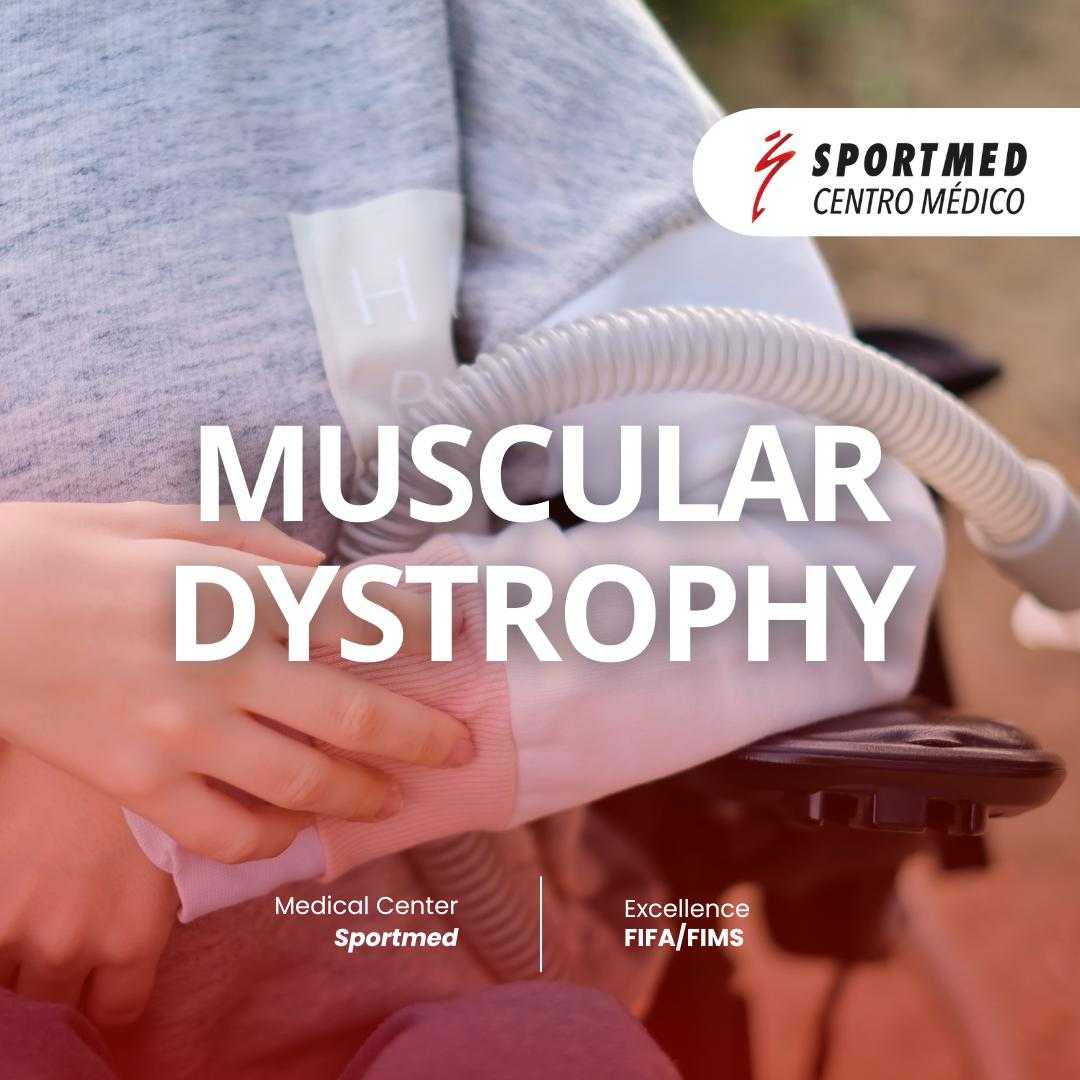
-Package-in-Dubai,-UAE-by-Dr.-Ebenezer-Abel-Paul.jpg)
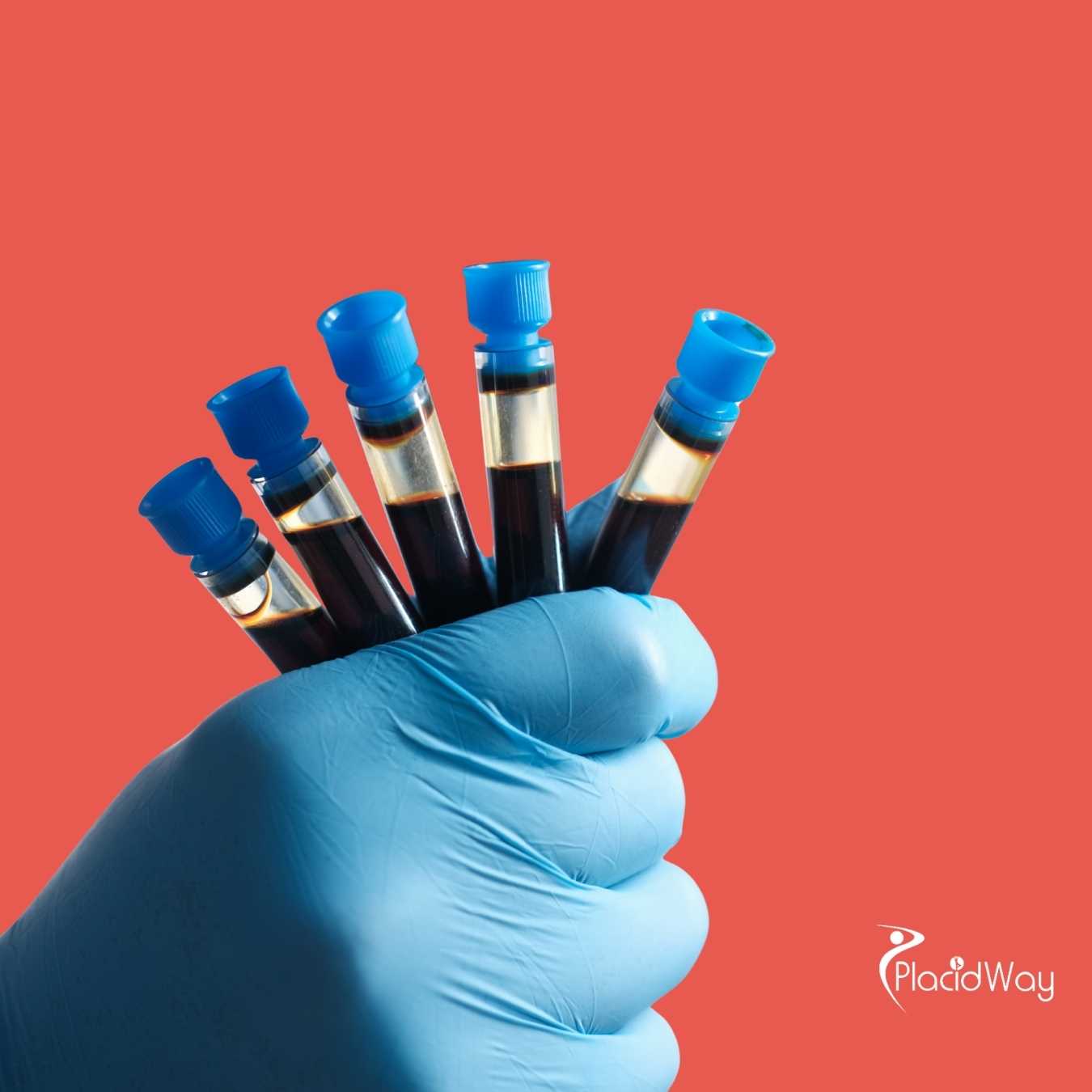

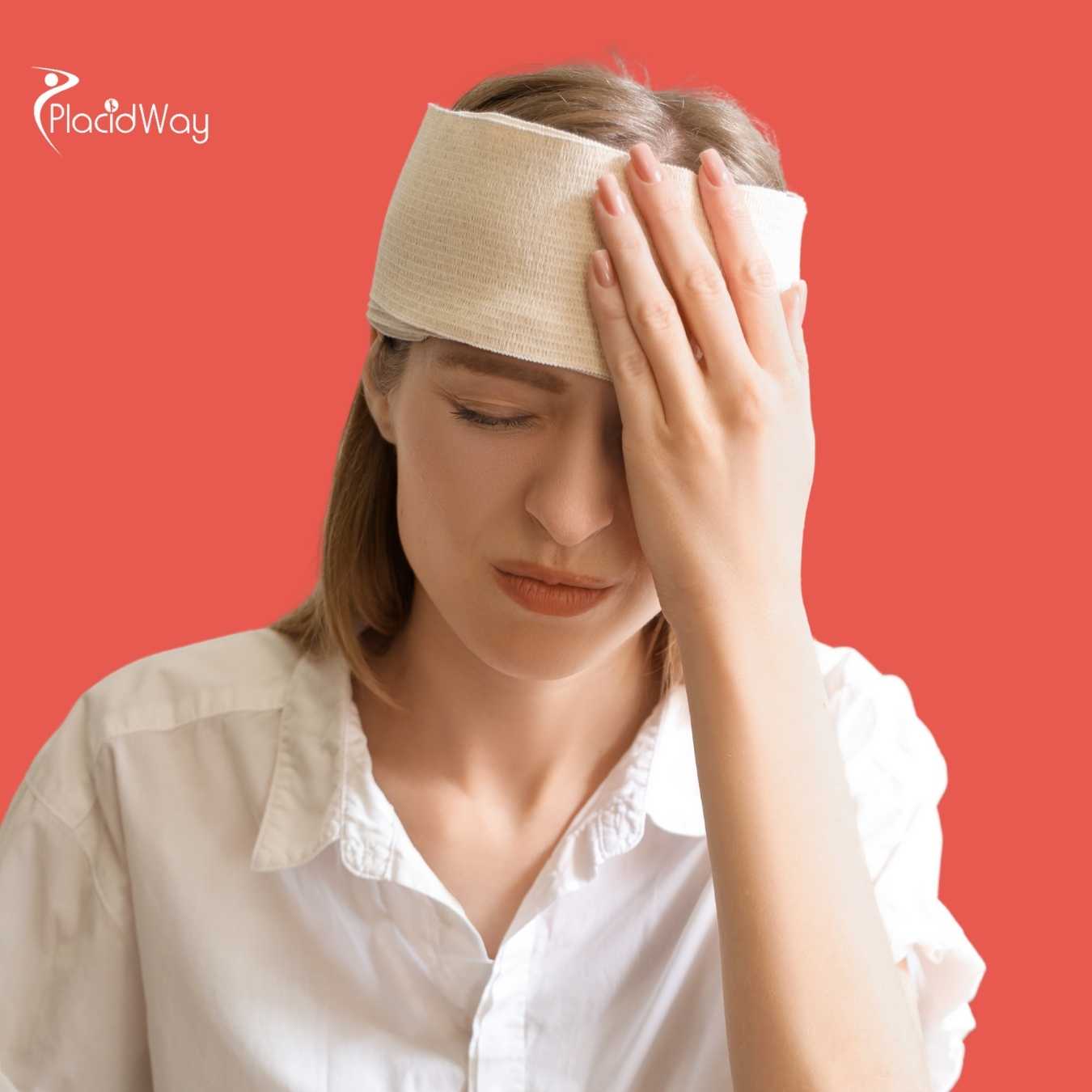
.jpg)



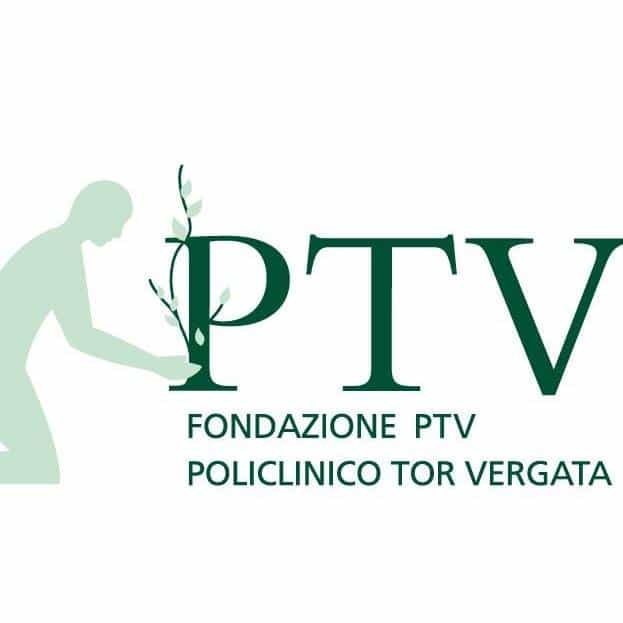


Share this listing